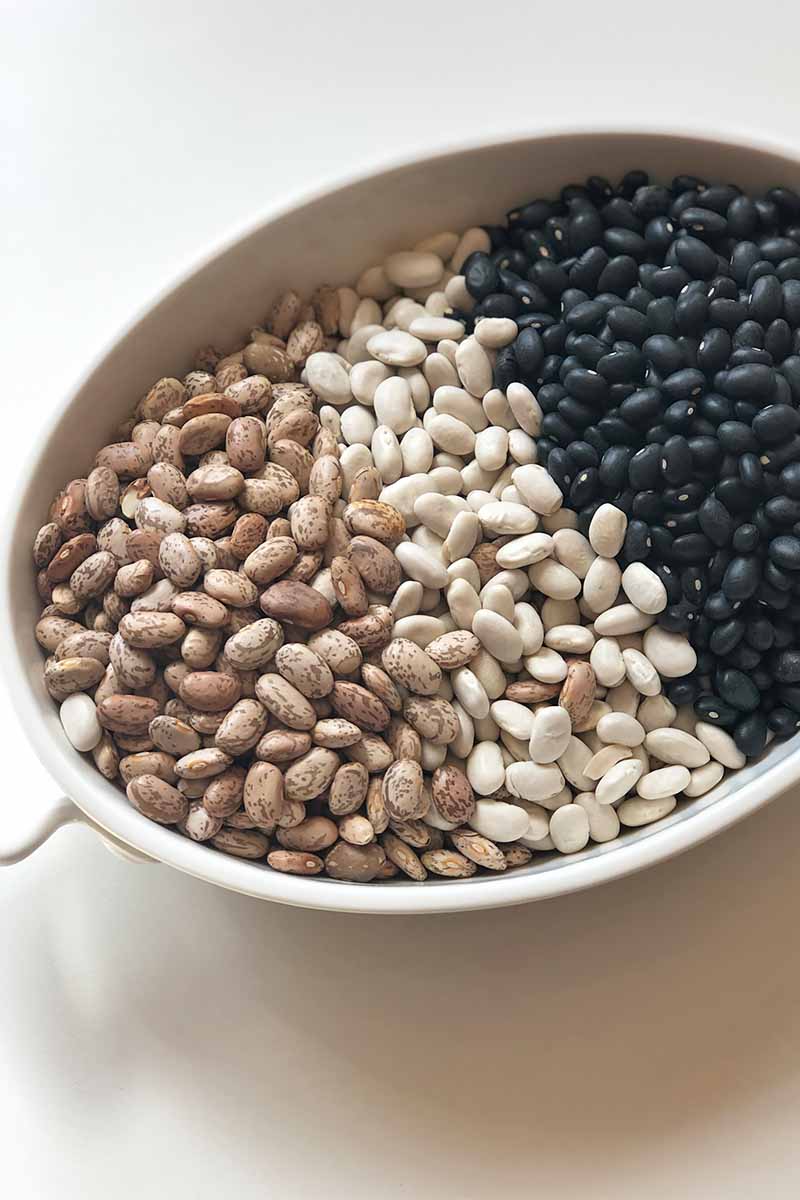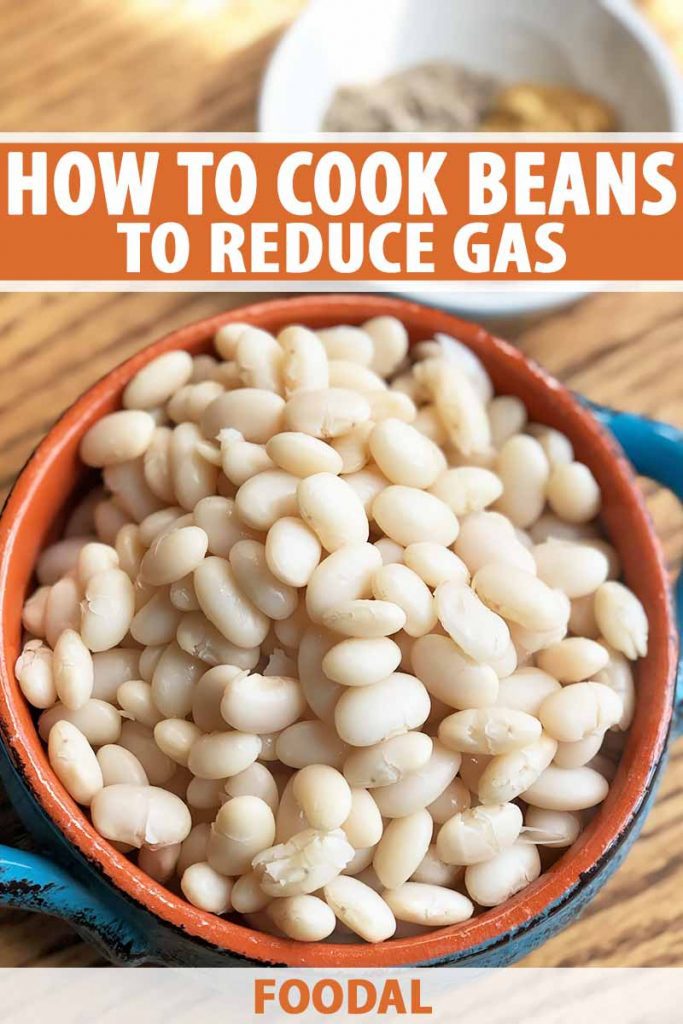
Avoid foods that produce gas eg beans or upper GI upset eg spicy foods. The baking soda helps break down some of the beans natural gas-making sugars.

—–Scientific studies used in the research for this videohttpswwwncbinlmnihgovpubmed12489819https.
How to prevent gas from beans. Eat more cooked than raw foods cooked improves digestibility. Soak beans before cooking. Drain and rinse them a few times to remove gas-producing raffinose.
Cook beans with a bit of dried seaweed kombu kelp recommended here. Theres no solid scientific evidence that these herbs and spices will prevent gas when eating beans and this step is optional. However traditional medicine as well as some recent studies have suggested that these spices may help with digestion and abdominal discomfort.
Plus they can add a nice flavor to your beans. As beans are slow to digest. Eat fruit or sugar foods 2 - 3 hours away from a meal with beans.
Only eat one protein in the same meal as each protein requires a specific type and strength of digestive juices. Potatoes conflict with digestion of the beans so avoid eating them in the same meal. Instead of pairing your beans with other gas-producing sides opt for some lower-fiber foods like leafy greens eggs white rice or skinless potato.
Even just eating your beans more slowly can help reduce the gas and bloating they produce Taub-Dix says. You can also add some fennel or ginger to your bean dish to help minimize the side effects. Another trick which is widely used to reduce the gas-production from beans is to add to the dishes a tablespoon of baking powder known to aid digestion and therefore avoid these foods becoming heavy for our stomach it will also help speed up cooking.
The baking soda helps break down some of the beans natural gas-making sugars. I tested this while fixing. To cut down on the gassy properties you can add a little baking soda to your recipe.
The baking soda helps break down some of the beans natural gas-making sugars. To cut down on the gassy properties you can add a little baking soda to your recipe. The baking soda helps break down some of the beans natural gas-making sugars.
I tested this while fixing one of my favorite slow cooker recipes. Red beans and sausage. To degas with baking soda add a teaspoon of baking soda to 4 quarts of water.
Dried beans need to soak to soften before being cooked. Using baking soda during this process can help reduce the gas which consumption of the finished product creates See Reference 2. Put the dried beans in a pot and add enough water to cover them.
Heat the water until it. My trick for removing gas from beans is none other than baking soda. It works perfectly and you wont taste it in your beans.
It gets rinsed and removed from the beans prior to cooking them and it works. Ever wish you could take the gas out of your favorite beans. Production of excess gas sometimes with the added discomfort of bloating is a reason many people avoid eating beans.
That presents a real challenge if. Place beans in a bowl pour boiling water over it to cover the beans leave to soak at least 4 hours. Add plenty of onions to your beans when cooking.
Onions is carminative it combats flatulence or gas in the tummy. Below is a short list of other carminatives you can try. Eliminate certain foods.
Common gas-causing offenders include beans peas lentils cabbage onions broccoli cauliflower whole-grain foods mushrooms certain fruits and beer and other carbonated drinks. Try removing one food at a time to see if your gas improves. While not every recipe calls for soaking beans before cooking them if beans give you gas soaking can help.
Soaking overnight and then discarding the soaking water leaches out sugars in beans that are responsible for gas production. But if you dont have time for a traditional overnight soak a quick soak is just as beneficial. —–Scientific studies used in the research for this videohttpswwwncbinlmnihgovpubmed12489819https.
Avoid foods that produce gas eg beans or upper GI upset eg spicy foods. From Lewiss Medical-Surgical Nursing E-Book. Assessment and Management of Clinical Problems Single Volume by Mariann M.
Harding Jeffrey Kwong et. Elsevier Health Sciences 2019.